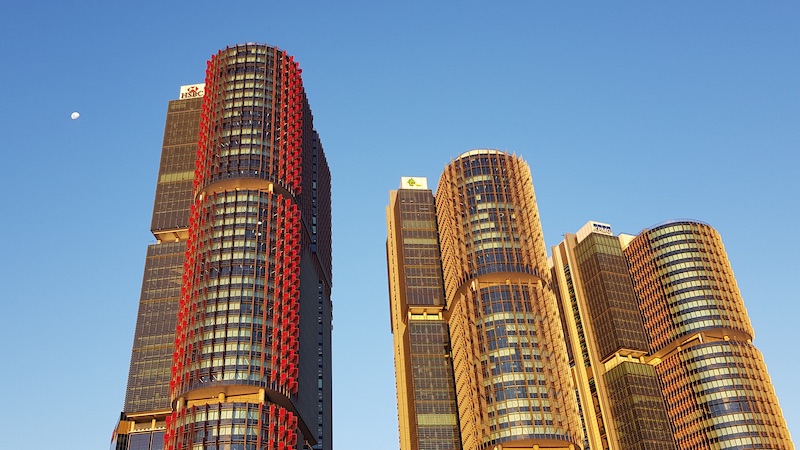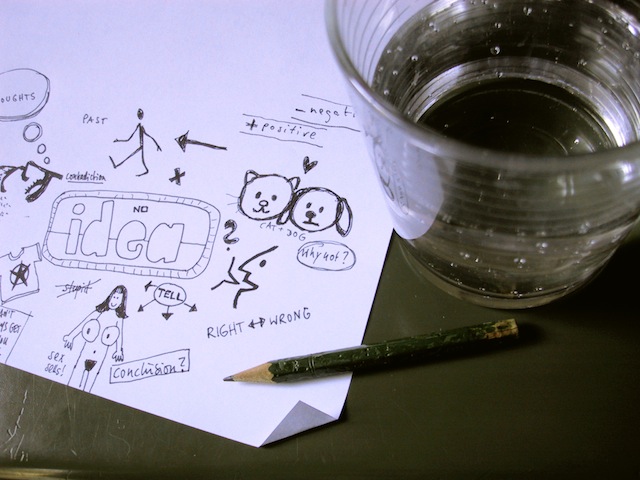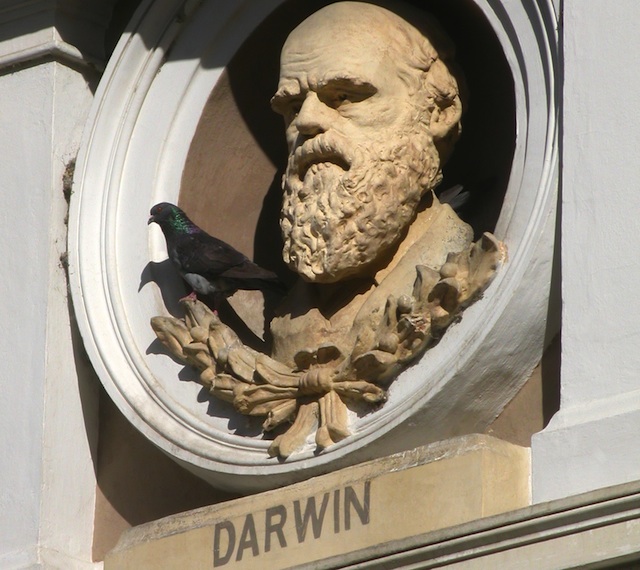Last month everything changed.
Instead of waking up at 5am, lying in bed and checking the overnight news and media releases on my phone, I was able to lie in, consider going to the gym and wandering into work at a sensible hour.
My two years as Mumbrella’s news editor had come to end.
Modern digital journalism is not for the lazy or the faint hearted. The tyranny of a daily newsletter means the editors are always hungry for stories and stressing about scooping the opposition.
The hours up to sending the daily newsletter – around 10.30am for Mumbrella – go in a blur.
After the newsletter is sent, the duty editor’s challenge is to keep the website up to date while keeping a beady eye out for breaking news, story ideas for coming days, complaints about earlier stories and moderating the often defamatory comment stream.
Lucky editors have great reporters in their teams. In my case, I had Zoe Samios and Abigail Dawson who both awed and scared me with their work ethic and ferocious competitiveness.
I was very lucky.
That luck held in working alongside Josie Tutty, Mumbrella’s deputy editor, whose editorial sense and attention to detail saved me from countless shocking howlers.
With that team, Mumbrella managed to score its highest ever traffic in 2018.
Those opportunities, privileges and challenges came at a cost, though with stress an every-present problem for everyone in editorial teams.
One former editor of an industry website told me they had PTSD after four years of running one site.
Despite the stresses, those two years had been interesting. I’d learned a lot and I’m eternally grateful to Tim Burrowes for the opportunity to have a deep, if short, dive into an industry which I didn’t really understand along with the privilege of working with some of the smartest and hardest working young journalists in Australia.
It was also the opportunity to be on the editor’s side of journalism, a challenge I genuinely thought I would never get.
However when Zoe, Abby and Josie decided to move on for their own individual reasons, it was time for me to move on as well.
Again, I was lucky. A role at the Australian Computer Society opened up which allows me to get back into tech in a position that gives me the opportunity to help raise the IT industry’s importance to the nation’s and political leaders.
This has been my passion and was too good an opportunity to pass up.
Added to the attractions were a much shorter commute, nicer offices, more civilised working hours and far less stress.
I’ll miss the hipster vibe of Chippendale, even though I was probably the oldest person in the suburb, let alone the office, along with the opportunity of dressing like an extra from Mr Robot.
Now I’m at Barangaroo (the towers in the featured image) I have to dress like a sensible, middle aged adult.
The last two years were at times fun, at times dispiriting and at times infuriating. On the latter point, it’s remarkable how sensitive those outwardly hard-nosed agency bosses, journalists and publishers can be when relatively trivial stories upset their fragile egos.
I won’t miss those panicked phone calls from hysterical publishers, journos and agency bosses who, quite frankly, were old enough to know better. You know who you are.
But on balance, my time at Mumbrella was a challenging and fun adventure. I wish the new team, as well as Tim and his co-founder Martin Lane, all best in navigating a business reporting on an industry that doesn’t understand its own challenges.
So I’m thankful for the opportunity, and I’m grateful for the change.
I hope to see many of you around in the new role.


